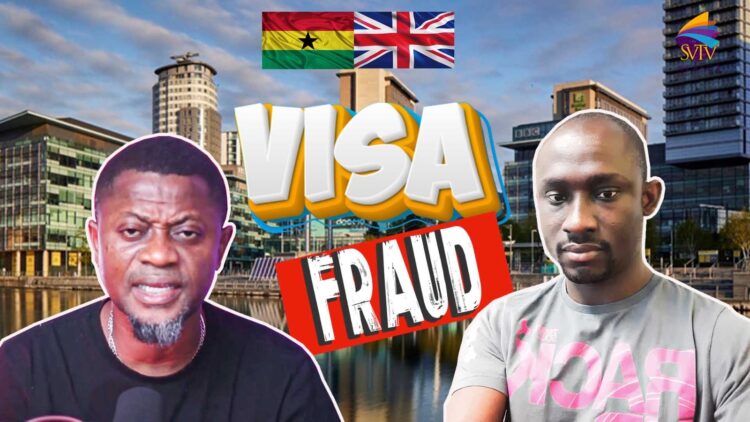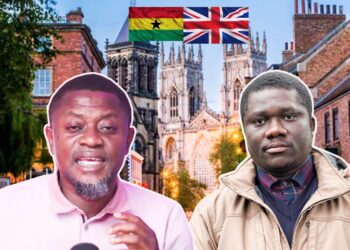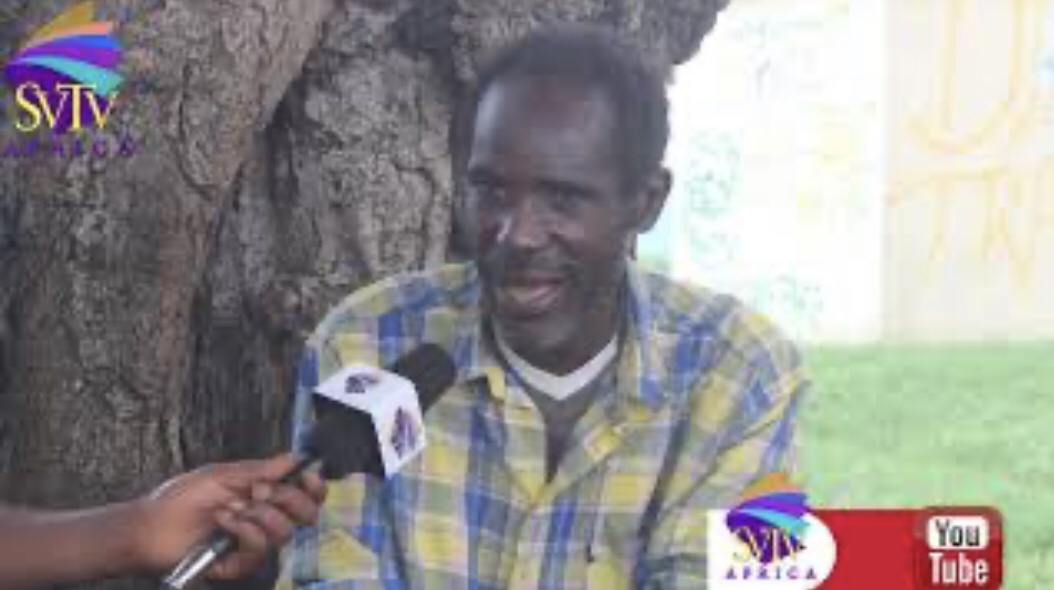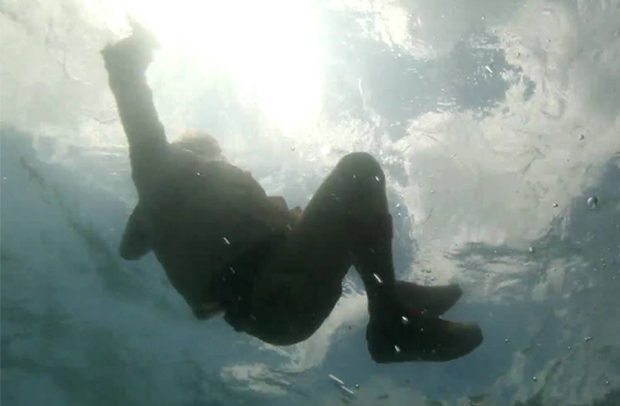Philip the Predictor on Visa Fraud: What You Need to Know
Visa and travel fraud is a wide and complex topic. Philip explains that some countries make it easier to obtain visas, while others present opportunities for fraudulent activities. Common destinations where visa fraud is reported include Dubai, Kuwait, Qatar, Saudi Arabia, and even countries like Australia and New Zealand.
Countries such as Australia and New Zealand sometimes issue “table visas” through PDF files sent via email. Unfortunately, fraudsters often edit these original documents and deceive unsuspecting victims. It’s important to know that genuine visas from countries like New Zealand and Australia cannot be processed in just three weeks. To verify a visa, one can check directly with the Ministry of Foreign Affairs of the issuing country or report suspicious documents to the fraud office at the airport.
Many scammers claim they will arrange your visa upon arrival, taking large sums of money from victims upfront. These fraudsters often demand full payment—sometimes more than 70%—before even beginning the visa application process. This is a red flag. In legitimate processes, an itinerary (not an actual ticket) can be used, and it’s often free to generate online.
For example, Canadian visa applications usually take longer than three weeks. Each country has its own system and timelines. If a consulate detects a fake bank statement or forged documents, your visa will be denied, and you’ll lose any fees already paid. Don’t let anyone convince you to pay large sums upfront; you rarely need more than 5,000 GHS for proper tourist or business visa applications.
For travel to European countries, it’s necessary to reserve airline tickets, hotel bookings, and prepare your documents carefully. Countries like Barbados, Singapore, Jamaica, and St. Lucia may offer visa-free entry to Ghanaians, but dishonest agents can still manipulate travelers and exploit their lack of knowledge.
Philip warns against agents who claim to help with study visa applications without any official school ties. Real agents may have contracts with schools and charge reasonably. Those applying for master’s programs should apply directly to universities. Always cross-check any agent’s credibility and the authenticity of the institutions they claim to represent.
Singapore, for example, is very strict and closely monitors travel activities. Many black travelers have been caught trying to use Singapore as a stopover to illegally enter Australia. Immigration checks are tight, and violators are easily detected.
Philip reminds us that traveling abroad is just the beginning. After arrival, another fight begins: obtaining legal residency (nkrataa). Some people go as far as marrying older citizens to gain documents, only to break up after securing their papers. But these decisions can have long-term consequences.
Philip encourages those who wish to travel to take the right steps. Avoid shortcuts and fraud. Self-development is key—learn, prepare, and follow the right path. For those already abroad, remember your goal is not only personal success but also to make your family proud and build a legacy back home.
Watch The Video Below:
















